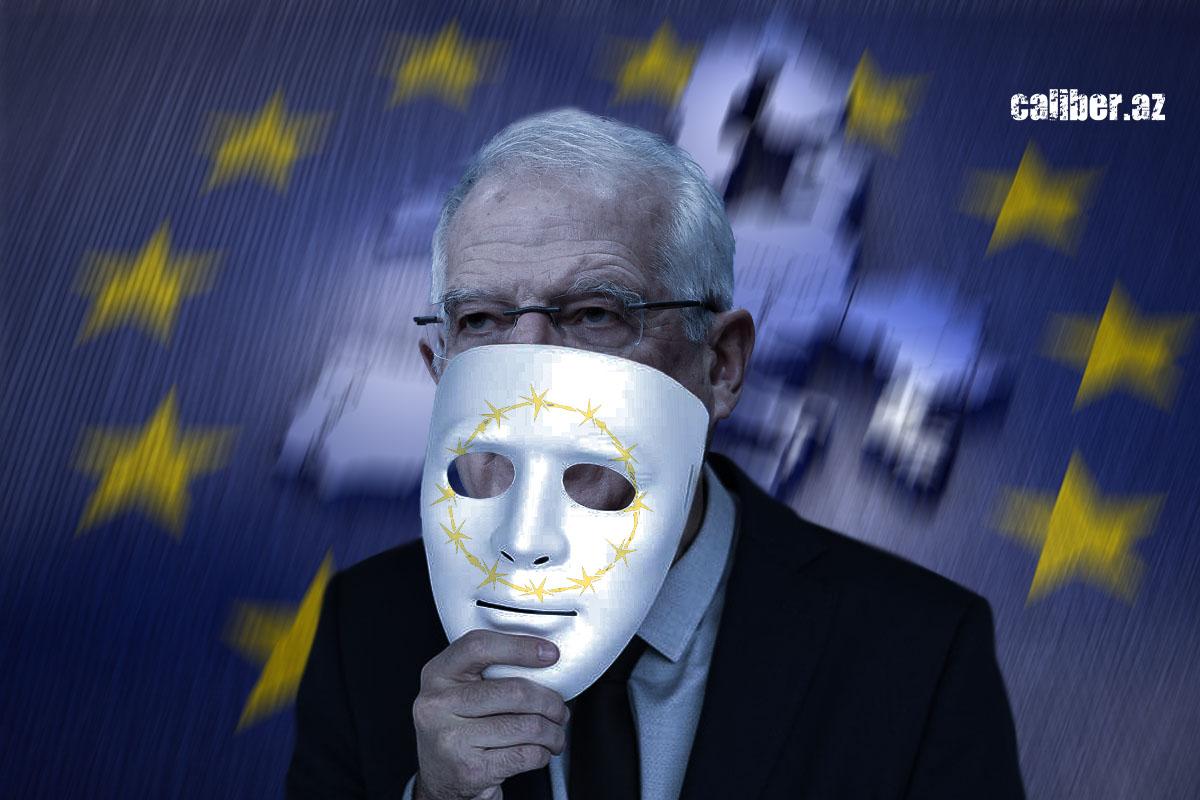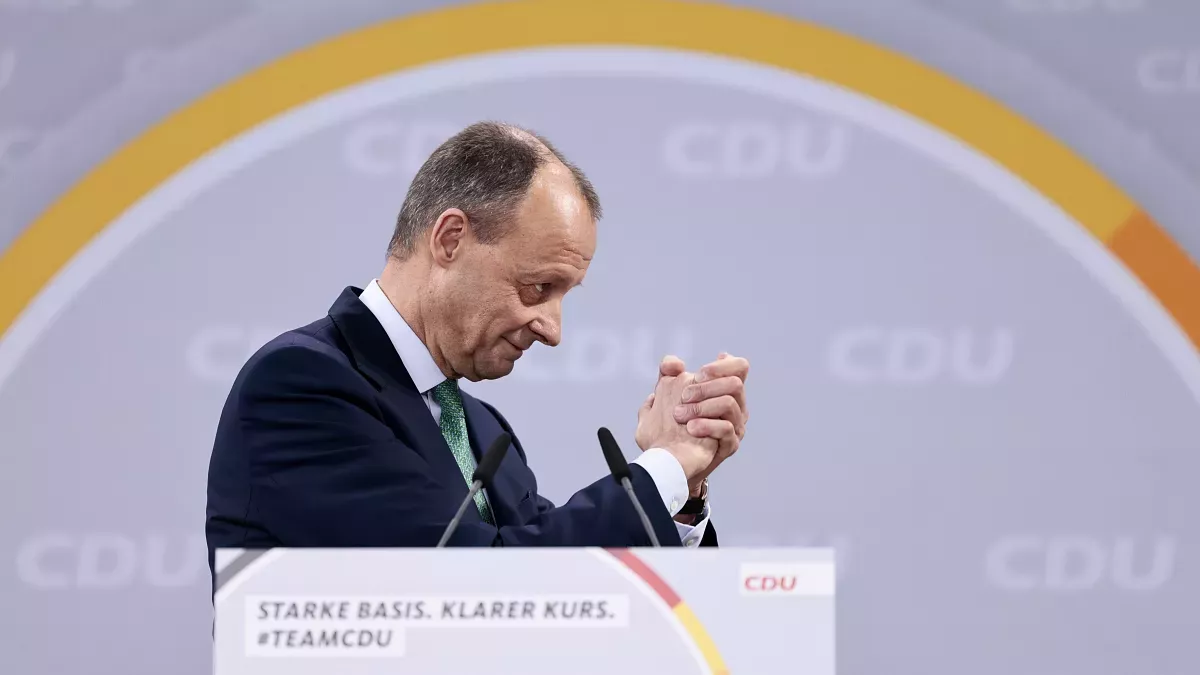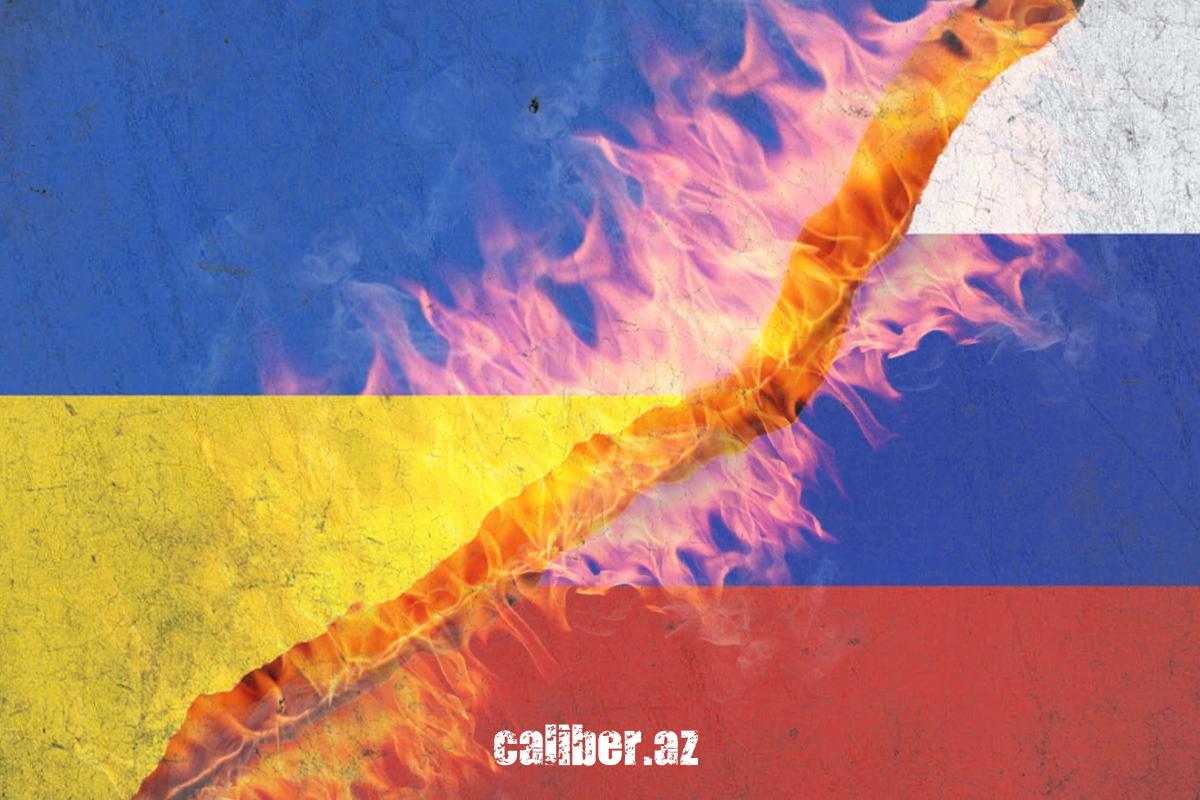Trump eyes negotiations, EU doubles down on war efforts The future of Ukraine
The previous week began with a series of events that escalated tensions across the continent. On November 11, it was revealed that the EU would allow member states to reallocate hundreds of billions of euros originally earmarked for other purposes to military spending. Meanwhile, the European Parliament discussed the possibility of blocking Russian shipping through the English Channel. Shortly after, the German government collapsed, and the likely incoming chancellor promised to present Russia with an ultimatum, threatening to supply Kyiv with long-range missiles.
These developments reveal a dangerous strategic calculation. The European Union is moving quickly to outmanoeuvre Trump before he shifts the burden of the Ukrainian war onto them. In doing so, the EU is trying to reframe the conflict in Ukraine so that the next US president has no choice but to back European allies. This high-risk strategy is not confined to Eastern Europe but could extend to other regions, including the South Caucasus.
EU’s support for Ukraine
The EU will redirect €392 billion towards military spending, according to the Financial Times. While the amount is substantial, the key issue isn't the numbers. The decision to reallocate funds from programs aimed at reducing economic inequality within the EU is a clear signal of shifting priorities. Regardless of the motives behind the decision—whether to win Trump’s approval by increasing military spending and orders from the US, or to force Trump into accepting NATO’s involvement in the war in Ukraine—the EU is clearly betting on military funding. This move signals a continued escalation towards war with Russia and other adversaries of the West, who are increasingly drawn into the conflict in Ukraine.
At the same time, EU High Representative for Foreign Affairs Josep Borrell ceremoniously announced that the EU would finally deliver the promised one million shells to Kyiv. Initially, these were to be delivered by March. This entire saga appears to be a web of lies and political games at the expense of the blood of Ukrainians. Even as recently as January, European commissioners continued to promise the delivery of a million shells on schedule, despite the obvious dishonesty of such assurances.
At present, the situation hasn’t improved much. On one hand, Borrell claims that a million shells will be delivered by the end of the year, with 980,000 supposedly already transferred. On the other, he suggests that, "with other initiatives," Ukraine will receive up to 1.5 million shells by year’s end. In other words, Borrell is juggling propagandistic promises, as the half-million shell discrepancy from the EU—who struggles to even deliver a million—can only be explained by the European Union’s top officials’ lack of understanding of the actual situation. However, Borrell, who visited Kyiv last week, promised not only ammunition but also training for 15,000 additional Ukrainian soldiers in the EU, bringing the total number of Ukrainian military personnel trained there to 75,000.

Borrell reflects the broader EU mindset—an increasingly aggressive rhetoric, despite difficulties in fulfilling its commitments. During last week’s summits of the European Political Community and the EU in Budapest, leaders reiterated the need to continue the current course in Eastern Europe. According to European Council President Charles Michel, all European leaders are convinced that both the EU and the US must continue supporting Ukraine, as failing to do so would send a very dangerous signal not only to Russia but also to other countries. Brussels is attempting to dictate Washington’s actions, positioning itself as the new centre of global liberalism.
Macron's dilemma
This is not without reason, as there is no certainty about the position of the US after Donald Trump's return to the White House. European Union leaders, some of whom secretly and others more openly supported Trump’s opponents, now face the challenge of convincing or pressuring the new American president to follow their lead, despite their recent attempts to politically destroy him. They want him to follow a path that would shift his focus away from his main priorities—China and Iran.
Europeans are doing their best, acting on two fronts. On one hand, they show a willingness to support the new US president in his confrontations with Iran and China. Recent examples include the immediate closure of all Iranian consulates in Germany, European pressure on Tehran over its nuclear program via the IAEA, and sanctions on Chinese goods that are self-destructive for the German industry. On the other hand, they are trying to create a semblance of NATO involvement in the war that would force Trump to defend European allies, simply because, should they fail in Ukraine, he will have no one left to counter Iran, China, and other countries that are not aligned with the West.
This explains the aggressive moves. French President Macron justified them at the Budapest summit, where he initially declared, "We cannot forever delegate our security to the Americans," and then resorted to metaphors, stating that Europeans simply cannot remain "herbivores" among predators—meaning it’s time for them to become "predatory" too. However, the invasions of Afghanistan and Iraq, followed by occupation, or the actions of the French military in Africa, cannot be described as "herbivorous." That said, there is a more balanced approach, and perhaps that’s what Macron had in mind—Europeans could become omnivores. These remarks by Macron again highlight his reckless approach to escalation, a pattern we’ve seen before, such as with French support for the Armenian political revisionists.
The situation goes beyond abstract calls to "become predators." The European Parliament is preparing to adopt a resolution that would propose direct action against Russian commercial shipping. As is well known, the European Parliament does not make final decisions; it "speaks, but does not govern." However, the resolution outlines specific measures, including systematically sanctioning vessels carrying oil from Russia, increasing satellite surveillance of tankers and conducting targeted inspections, as well as banning these ships from passing through the English Channel.
Germany moves eastward
These fiery initiatives contrasted not only with Trump's clear intention to address the West's policy toward Ukraine through a deal with the Kremlin. For a time, it seemed that Germany, the key country in the EU, also intended to avoid escalation in Eastern Europe. Germany’s Finance Minister Lindner even resigned over his reluctance to allocate new funds to the Ukrainian government, while Chancellor Scholz said on November 10 that the time to talk with Russian President Putin would soon come, and numerous preparatory contacts were already underway.
However, just a few days after Scholz's statement, his government collapsed, and new elections were scheduled for February 23. Almost certainly, the new chancellor will be Friedrich Merz from the Christian Democrats (CDU-CSU). He is known for his long-standing work with the "Atlantic Bridge" association, which advocates for the principles of Euro-Atlantic integration.

At first glance, this seems like an ideal scenario for Trump, but there’s a nuance. From a certain point onward, Euro-Atlantic integration has become an ideology of the liberal establishment, which Trump defeated in the recent elections. Therefore, the rise of the liberal Merz to the position of Chancellor of Germany does not mean he will align with Trump. Recently, Merz openly joined the European push to escalate the Ukrainian conflict, which threatens Trump’s plans. On November 11, he promised to begin his tenure as chancellor with an ultimatum to Russia to end hostilities, backed by the threat of sending long-range missiles to Ukraine to strike deep into Russian territory. Merz gave Moscow 24 hours to comply with the ultimatum.
Germany has started unprecedented activity in Eastern Europe since 1945. Along with announcing the ultimatum to Russia, the German arms manufacturer Rheinmetall revealed on November 11 that since October, it has been providing Ukraine’s army with satellite reconnaissance imagery. Earlier, on October 26, the first Rheinmetall factory was launched in Ukraine, with a second plant under construction.
Simultaneously, in September, the German government began deploying an entire army brigade to Lithuania—an unprecedented move, marking the first permanent stationing of German troops in a foreign country since 1945. If we add to this the October 21 opening of NATO’s maritime tactical headquarters in Rostock, which will be under German admiral command (with a Polish deputy), significantly strengthening Germany's military presence in the Baltic, it becomes clear that Germany is helping Poland and Lithuania complete the military blockade of Kaliningrad. Merz’s words should be viewed in this broader context.
Three months to escalation
The escalation of tensions between the EU and Russia in the coming months seems almost inevitable. A series of triggers have already set this process in motion, as evidenced by the surge in spot gas prices in the EU this week: for the first time since 2023, the price per thousand cubic meters surpassed 502 euros. This was due not only to military preparations but also to the sudden decision by German authorities last week to ban the reception of Russian liquefied natural gas (LNG) at the country’s terminals. However, the current price still seems modest compared to the beginning of Russia's invasion in March 2022, when it reached as high as 2200 euros. The market senses the escalation but believes that the current intensification of the West-Russia conflict is likely to be a bluff.
And there are reasons for this belief. The fact is that, for the most part, the escalation is currently being pushed by European leaders—Macron, Merz, Tusk, and others—whose political influence is also open to question. Just as the US elections exposed the Democratic Party’s campaign to distort public opinion, recent EU elections have repeatedly delivered surprising results that challenge the political elites and reveal similar manipulations by the media and polls.
Take the most stable EU country, Germany. At present, it is said that the CDU/CSU can expect to receive 32% of the vote in the upcoming elections, which would allow them to place Merz as chancellor and ensure a lead over the second most popular political force, Alternative for Germany (AfD), which supposedly has only 17%. However, the situation remains unclear. The German establishment is fully aware that AfD could end up with even more votes, which is why there is now an attempt to explore the possibility of banning the party. This is yet another dangerous game, as AfD has grown too popular and has long transcended the boundaries of a typical far-right party, instead resembling Trumpism in the US.
In other words, the current escalation is a game played by wavering liberal elites. At home, they are overwhelmed with numerous problems, their approval ratings are falling, and their influence abroad is weakening— their American partners have unexpectedly been defeated, and their overt support for Ukraine has not helped it, but instead turned the conflict into a massive bloody vortex threatening to engulf the entire world.

Yes, for now, the European liberal establishment is pushing for escalation, but they are rushing—it has only three months left before power in the US shifts back to Trump’s camp. On January 20, Inauguration Day for President Trump, the situation will change. Objectively, it will be impossible for the EU to continue playing the current game or oppose Washington directly after that— the EU no longer has the strength or will to do so. January 20 will mark the end not because of an idealistic peacemaker like Trump taking office, but because Trump has his own interests, and the ongoing conflict in Ukraine and the related confrontation with Russia are closely linked to the interests of his opponents in the US and the EU.
The current escalation game between the West and Russia will continue for some time, and it will not only affect Eastern Europe but also the South Caucasus. The same liberal European elites, including Macron, who are rushing to set new parameters for the conflict in Eastern Europe, have spent recent years attempting to increase their influence in the South Caucasus through intrigues with Armenian revisionists. This was partly done to put pressure on Russia from the south. In recent years, the Armenian leadership has also acted through the West, aligning itself with the EU’s liberal establishment, connecting with the US Democratic Party, and hoping to secure Western support for their revisionist plans through a measured involvement in the confrontation with Russia.
Macron and others like him have not changed their intentions, but after the events in the US and the failure of their Georgian "Maidan," Armenian Prime Minister Pashinyan has clearly begun to doubt this risky policy, which allowed him to delay the conclusion of a peace agreement. On November 13, Yerevan sent new proposals on the unresolved articles of the peace treaty to Baku, and on November 14, Pashinyan spoke about the "problematic" nature of Armenia’s Constitution.
The extreme dependence of post-Soviet liberals and nationalists, including Armenians, on external support leads to their fates being decided by the votes of unsuspecting Americans in New Hampshire or Iowa.








